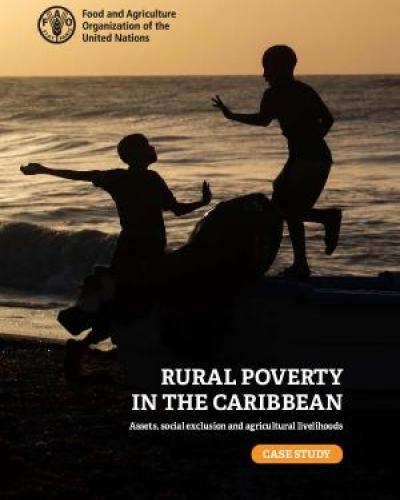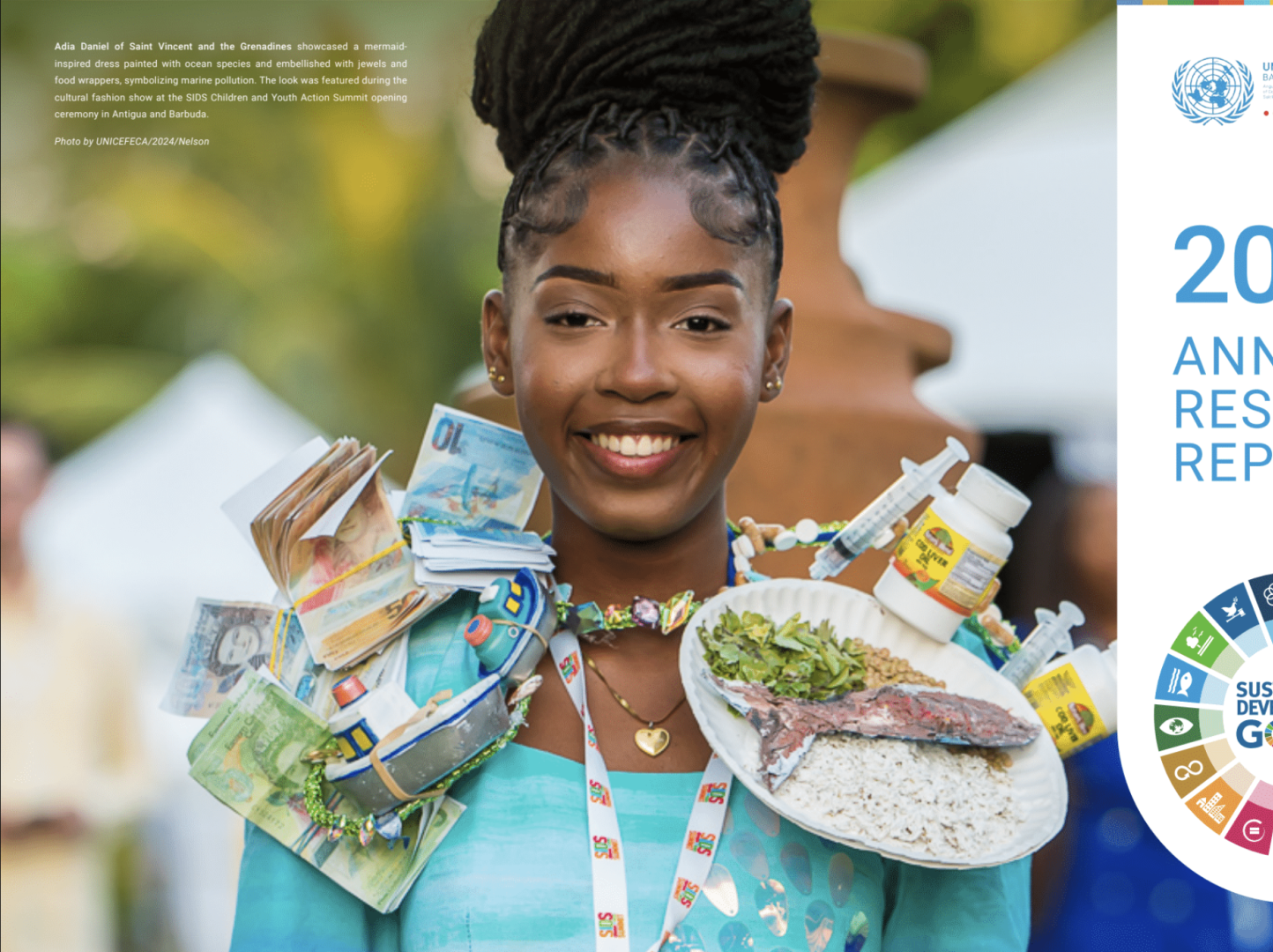Rural poverty in the Caribbean – Assets, social exclusion and agricultural livelihoods

Environmental shocks and stresses directly affect livelihoods in rural communities reliant on agriculture and fisheries, making the income-poor and those facing inequality especially vulnerable. The complex relationships between the environment, climate change, and agriculture can lead to food insecurity, poverty, and inequality, underscoring the need for better-informed policies and effective programmes. In the Caribbean, poverty is often hidden, particularly in middle- to high-income countries, where inequalities and deprivations hinder efforts to tackle climate change, resource degradation, and access to sustainable food. However, there is insufficient data for poverty analysis in the agricultural and environmental sectors, especially for marginalized populations. This report examines the links between rural inequality, food security, agriculture, and the environment in Barbados and Grenada. It highlights the importance of physical, financial, human, and social assets for sustainable livelihoods. Conducted during the COVID-19 pandemic, the study uses in-depth interviews to offer policy recommendations aimed at improving access to assets and enhancing the resilience of farmers and fisherfolk, supporting social mobility and protection against future crises.





